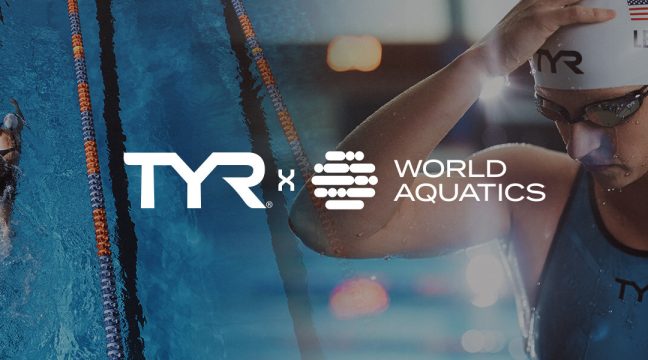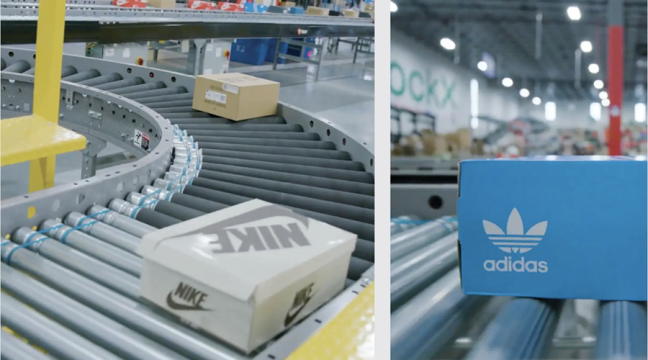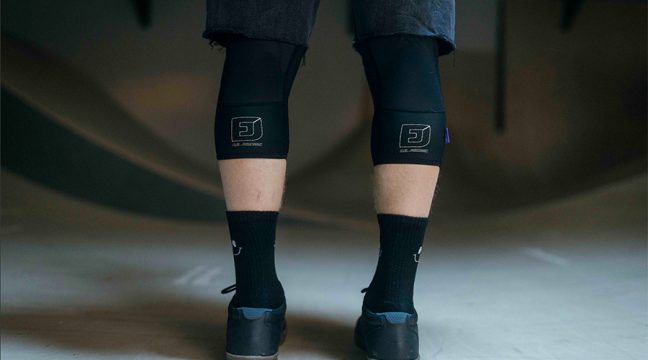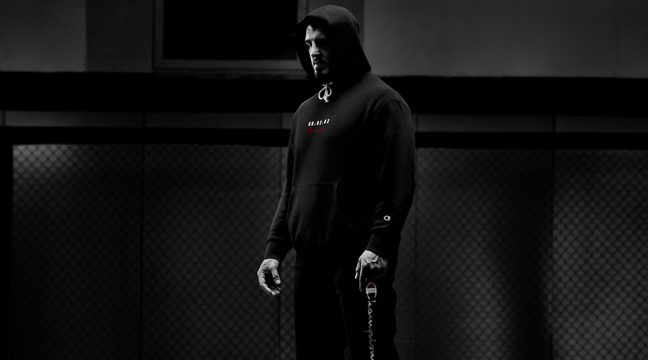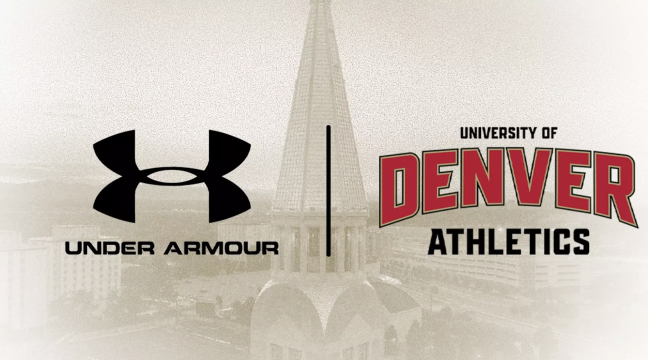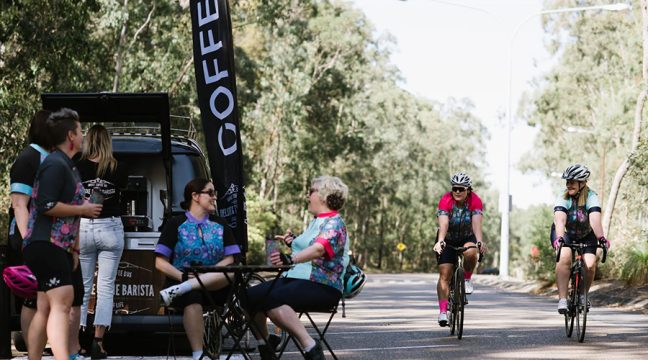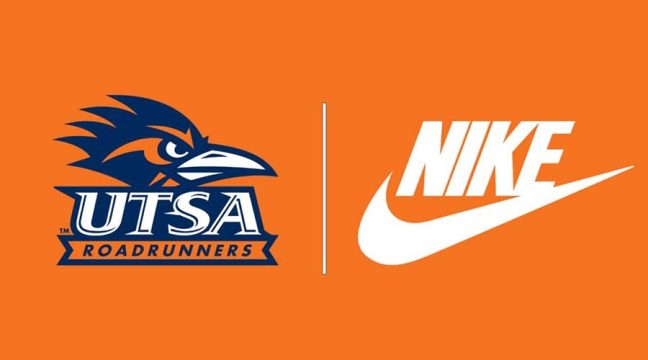By Aaron H. Bible

Dana Gleason, Mystery Ranch founder and packmaker
Way up yonder in Bozeman, MT, in a small shop and warehouse affectionately known as The Ranch, Dana Gleason and his team of about 100 Montanans work tirelessly to produce what they believe – and many back them up on this – are the best carrying, most durable packs in the world.
The small brand made news earlier this year as it announced it is opening up to 50 specialty retail accounts in Outdoor and 50 in Hunting nationwide and in Canada in its first wholesale offering to date. Prior to that, intrepid shoppers and die-hard fans had to buy the packs online or travel to Bozeman to shop at The Ranch.
Mystery Ranch was founded in 2000 by Dana Gleason and Renée Sippel-Baker; both of Dana Design backpack fame, working together since 1978 when Gleason hired Sippel-Baker to help sew his first line of packs, Kletterworks. Dana Design operated from 1985 to 1995 and was renowned for its durable, heavy-load bearing designs. It was acquired by K2 Corp. in 1995, and was later shut down.
 Gleason began making packs again after his non-compete with K2 expired and was sought after by the military (specifically Navy SEALs) for his trademark purpose-built designs. Features such as the yolk/harness system, extreme durability, the triple-zipper front opening, front torpedo pockets and other hallmark innovations made the packs desirable by special forces and other hard-users such as fire fighters, big game hunters and high-alpine mountain guides.
Gleason began making packs again after his non-compete with K2 expired and was sought after by the military (specifically Navy SEALs) for his trademark purpose-built designs. Features such as the yolk/harness system, extreme durability, the triple-zipper front opening, front torpedo pockets and other hallmark innovations made the packs desirable by special forces and other hard-users such as fire fighters, big game hunters and high-alpine mountain guides.
“We produce gear that makes a difference to people who are actually using it,” Gleason said from his office at The Ranch, where he still works every day. “We are a product driven company, not a marketing company. That formed who we are and everything we’ve done for the last 40 years. We live up to the needs, wants and driving forces for the people we work with. And that makes it very easy to come to work in the morning.”
 From the beginning, Mystery Ranch was known primarily for its wildland firefighting and military contract backpacks, along with a small direct-to-consumer presence in the U.S. and retail distribution in Asia. But the backbone of the brand still in many ways relied on the Futura Yolk suspension system Gleason brought to market through Dana Design, gaining a cult following in the guiding industry. Their direct sales model, despite Gleason’s passion for outdoor retail, allowed the brand to focus on quality and development, applying what it learned from the SEALs and firefighters to all its packs.
From the beginning, Mystery Ranch was known primarily for its wildland firefighting and military contract backpacks, along with a small direct-to-consumer presence in the U.S. and retail distribution in Asia. But the backbone of the brand still in many ways relied on the Futura Yolk suspension system Gleason brought to market through Dana Design, gaining a cult following in the guiding industry. Their direct sales model, despite Gleason’s passion for outdoor retail, allowed the brand to focus on quality and development, applying what it learned from the SEALs and firefighters to all its packs.
Mystery Ranch is still privately held and employs 110 people in Bozeman, MT and more than 300 other workers nationwide, including a large cut-and-sew shop in Seattle, WA, run by Gleason’s daughter.

From 2004 to 2012, 100 percent of production was U.S.-based. And while Mystery Ranch will remain a benchmark and industry leader for Made in the USA, the company made the decision to produce some items in a custom-built factory in the Philippines to help fulfill the burgeoning wholesale business of its new Mountain collection. Gleason said by 2016 about half of all production will still remain in the U.S. “These are not contract plants, they are built to our own standards,” he explained.
“We’re simply adding jobs with the Philippines factory. We’re becoming an international company,” said Gleason. “We do all of the steps here in terms of design and engineering, pattern making, quick turn items, specialized runs. It allows us to create and train designers, supervisors, quality control people, and it allows us to control our entire supply chain and it means we have much greater control than you’ll find in most companies. We are able to develop new techniques. New ways of doing things.”

Sphinx Steel Hero
In short, Gleason and his small team of designers, sewers, sales and marketing folks, all of whom are authentic users of the product who have been trained from the sewing floor up, remain committed to their U.S.-based production and development. It’s the core of what they do and is part of the reason for their die-hard loyal customer base including the country’s hardest pack users.
“We are absolutely dead serious that what we produce in the U.S. are not token numbers,” Gleason said. “We do the raw materials purchasing for every factory that builds our stuff. Most companies purchase their goods FOB from the factory. We go from the best specifications we can find. We’re kind of stupid that way.”
He continued, “Anybody can tell you that you can make more money doing it the other way. But we have an absolute devotion to getting it done right. And somehow it’s worked over the decades.”
 And worked it has. On the cutting room floor, there is only one person making up the warranty department – despite the company’s lifetime quality guarantee (fire packs have a three-year warranty). Returns are just firefighters, hunters and military folks sending their pack in for wear-and-tear repairs and upgrades, not failure, at a rate less than a tenth of a percent.
And worked it has. On the cutting room floor, there is only one person making up the warranty department – despite the company’s lifetime quality guarantee (fire packs have a three-year warranty). Returns are just firefighters, hunters and military folks sending their pack in for wear-and-tear repairs and upgrades, not failure, at a rate less than a tenth of a percent.
“We’re pretty proud of what we’ve been able to accomplish here and hugely proud of the people who do the production work,” Gleason said. “Part of our ethos is doing this stuff ourselves. It’s something that has paid huge benefits for us as we spread back into these other areas of use. Making outdoor packs again is like being young again.”
And being an international company isn’t necessarily a bad thing. Bringing its product-driven passion for pack building to more people worldwide will only push the limit of what’s possible, and our perception of what a backpack can be, exposing more people to a smaller brand that may just be the last pack you ever buy.

